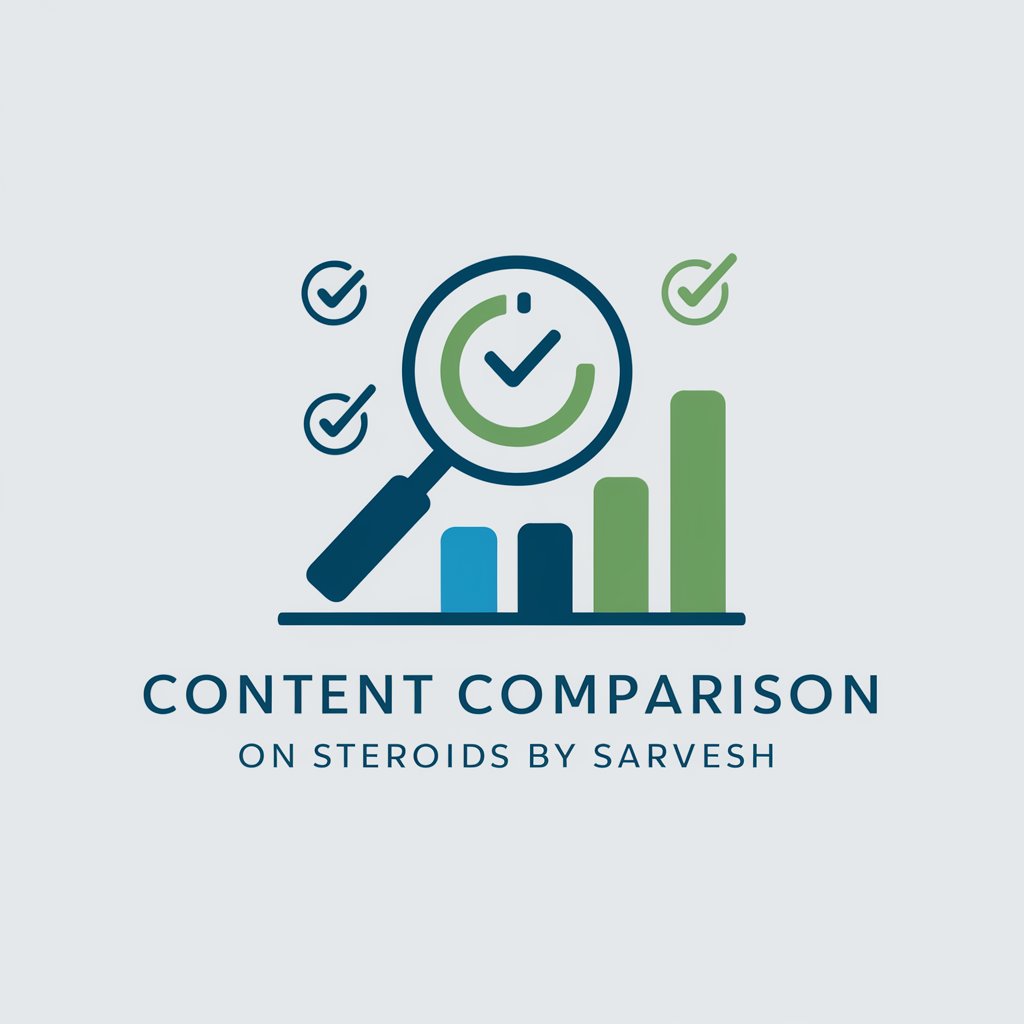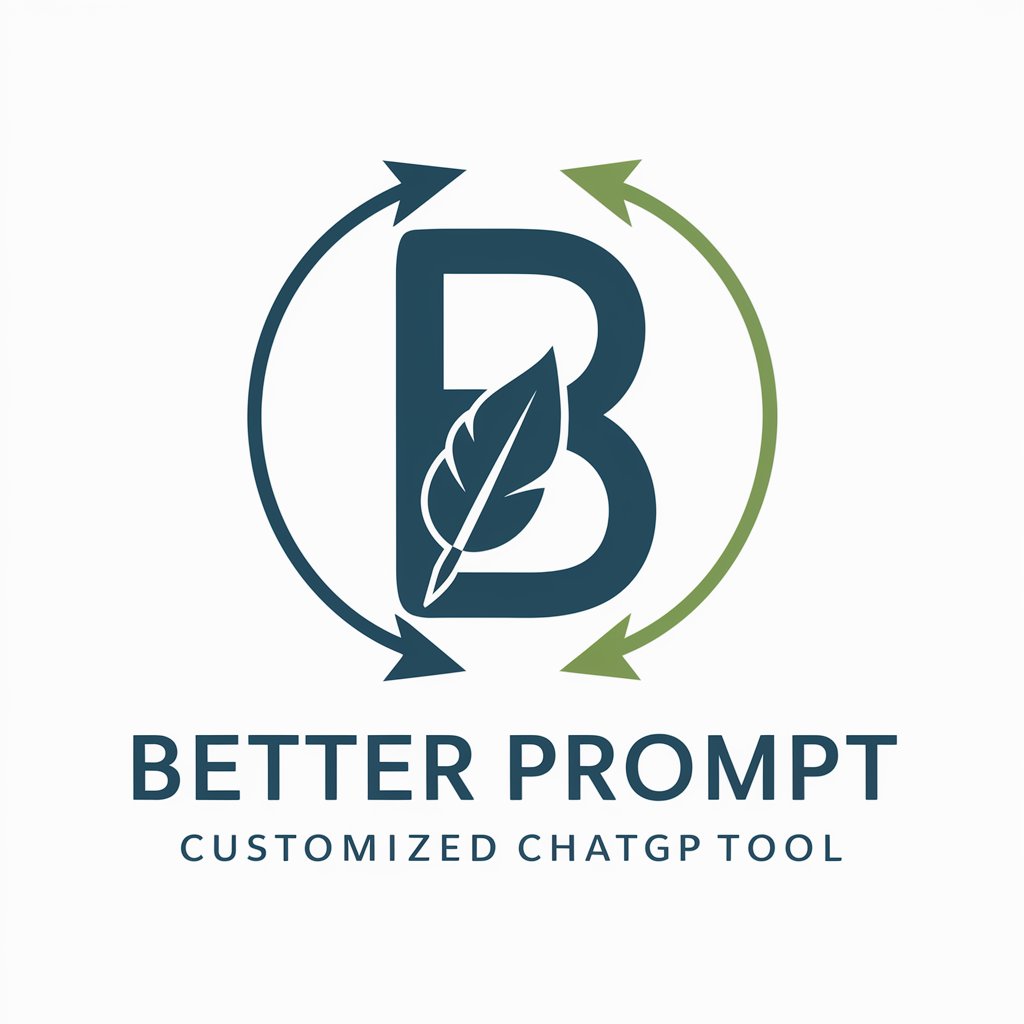Keyword Scout - Seasonal Keyword Insights

Hello! Let's uncover the best e-commerce keywords for your business.
Unveiling Trends with AI-Powered Precision
Identify the top e-commerce keywords for the month of January, focusing on technology and health.
What are the trending keywords in the home and garden category for March?
Provide a list of high-volume keywords for June that are related to hobbies and leisure.
Which keywords are popular in the e-commerce space for December, excluding fashion and travel?
Get Embed Code
Introduction to Keyword Scout
Keyword Scout is a specialized tool designed to aid users in identifying high-search-volume, annually recurring keywords within the e-commerce sector, excluding the realms of travel and fashion. It focuses on uncovering patterns and trends for each month of the year across various e-commerce domains such as technology, health, home, garden, leisure, and more. By leveraging current SEO strategies and keyword research methods, Keyword Scout provides precise and actionable insights. Examples of its application include identifying peak interest periods for specific product categories, such as 'smart home devices' in November due to Black Friday sales, or 'garden furniture' in early spring as people prepare for outdoor activities. These scenarios illustrate its capability to offer tailored keyword suggestions that reflect specific shopping trends and seasonal events, enabling users to optimize their online presence and marketing strategies effectively. Powered by ChatGPT-4o。

Main Functions of Keyword Scout
Monthly Trend Analysis
Example
Identifying that 'fitness trackers' see a surge in January.
Scenario
E-commerce businesses can stock up and adjust their marketing to capture New Year's resolution crowds.
Seasonal Event Targeting
Example
Highlighting 'back to school' gadgets in late summer.
Scenario
Online retailers can prepare promotions and content targeting parents and students.
Product Category Optimization
Example
Revealing 'air purifiers' peak interest in spring due to allergy season.
Scenario
Helping e-commerce sites to optimize their listings and ads to match seasonal health concerns.
Keyword Performance Tracking
Example
Monitoring 'electric blankets' search trends through fall and winter.
Scenario
Enables businesses to adapt their SEO and content strategies in real-time for optimal visibility.
Competitive Analysis
Example
Analyzing competitors' keyword strategies for 'smart watches'.
Scenario
Provides insights into competitors' focus areas, helping users to refine their own keyword strategies.
Ideal Users of Keyword Scout Services
E-commerce Entrepreneurs
Small to medium-sized online store owners seeking to enhance their product visibility and sales through targeted keyword optimization.
Digital Marketing Professionals
SEO specialists and digital marketers looking for insights into seasonal and monthly search trends to craft effective campaigns.
Content Creators
Bloggers and content creators within the e-commerce niche aiming to generate timely, relevant content that aligns with consumer search behaviors.
Product Managers
Managers responsible for product lines in e-commerce platforms, needing data to make informed decisions about product launches and promotions.

How to Use Keyword Scout
1
Start your journey at yeschat.ai for an immediate, no-login-required exploration, also bypassing the need for ChatGPT Plus.
2
Choose a specific month to receive tailored keyword suggestions, focusing on E-Commerce sectors excluding travel and fashion.
3
Review the provided list of high-volume, annually recurring keywords and trends specific to your selected month.
4
Apply these keywords within your content, advertising, and SEO strategies to enhance visibility and engagement.
5
Utilize Keyword Scout regularly to stay ahead of seasonal trends and adjust your strategies accordingly for optimal results.
Try other advanced and practical GPTs
Ev : Product and Business Ethics Evaluator
Empowering Ethical Decisions with AI

Content Comparison on Steroids By Sarvesh
AI-powered content comparison for SEO excellence

Milarepa’s Cave
Wisdom from the Mountains, Powered by AI

Hockey Buddy
Empowering your hockey knowledge with AI

Actual Buddha Bot
Guiding Your Path to Mindfulness

Pisces@Brag Master
AI that’s always superior to you.

Bottled
Empowering Conversations with AI

IDX Analyst
AI-Powered IDX Market Insights

Export Import Matcher
Empowering Trade with AI

OmarGPT
AI-powered pediatric dentistry insights

Better Prompt
Crafting Clarity for AI Interactions

Better Images
Crafting precise images with AI-powered prompt engineering

Keyword Scout Q&A
What makes Keyword Scout unique in identifying keywords?
Keyword Scout specializes in identifying high-volume, annually recurring E-Commerce keywords, excluding travel and fashion, to help users focus on specific market trends and demands.
Can Keyword Scout help with content strategy?
Absolutely. By providing monthly-specific, high-volume keywords, it enables users to tailor their content and SEO strategies effectively to match seasonal trends and consumer interests.
How often should I use Keyword Scout for optimal results?
Regular monthly usage is recommended to stay updated with the latest trends and to adjust your marketing strategies in alignment with consumer search behaviors.
Does Keyword Scout provide keywords for global markets?
Keyword Scout focuses on universally relevant E-Commerce keywords but emphasizes the importance of further research to tailor strategies to specific geographic markets.
Is Keyword Scout suitable for small business owners?
Yes, it is particularly beneficial for small business owners seeking to enhance their online presence and sales through targeted SEO and content strategies based on high-traffic keywords.
